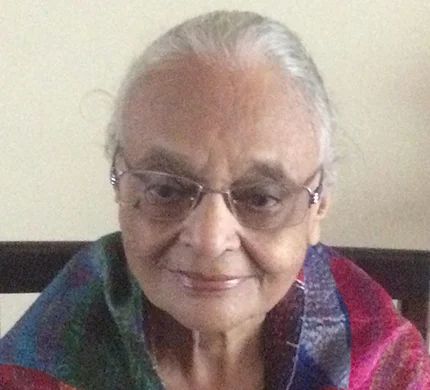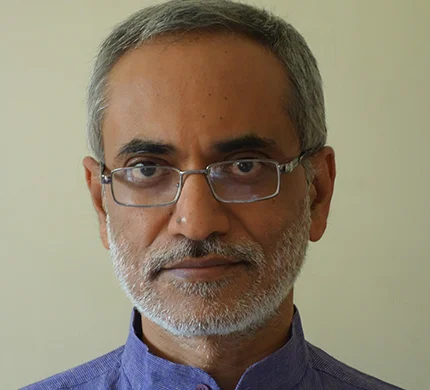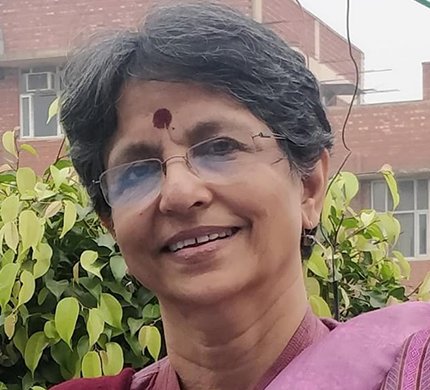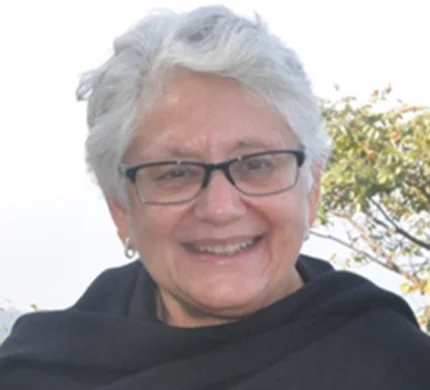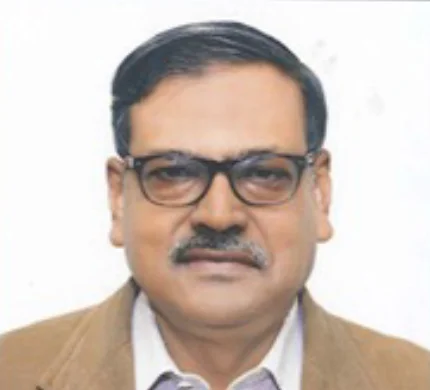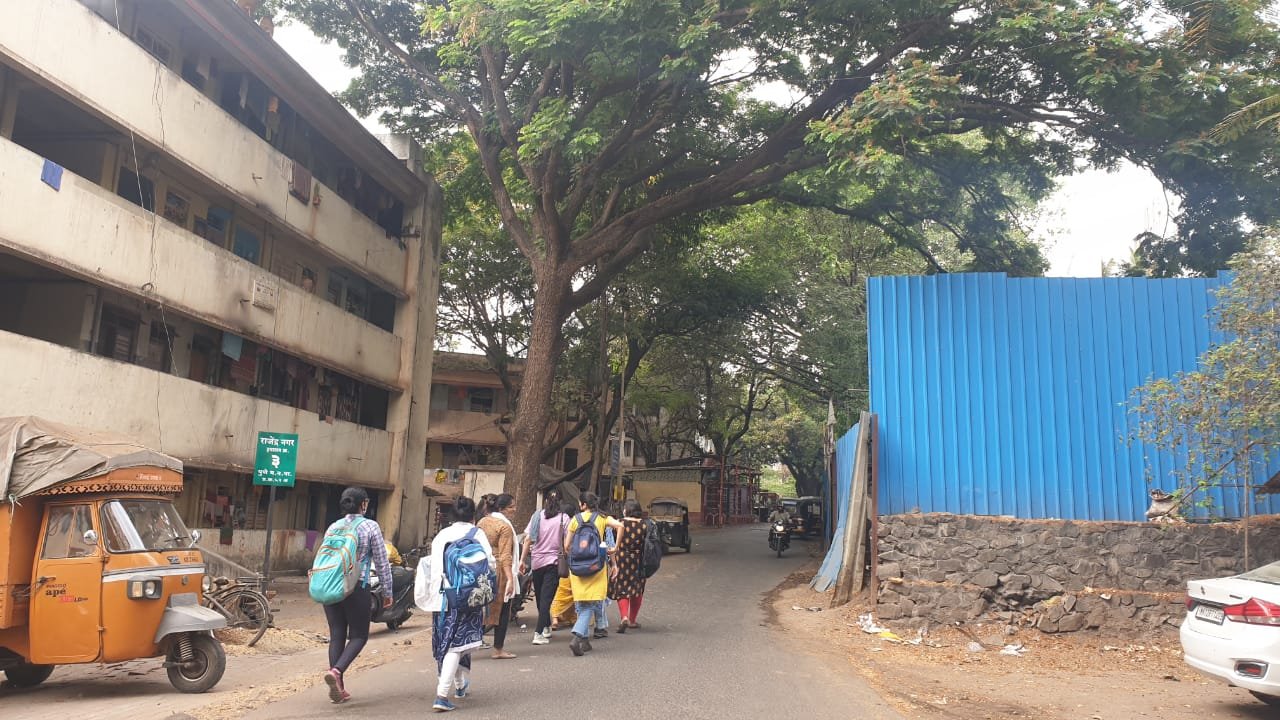
When the transfer of material and social resources is unequal in a highly stratified society, non-elite students, their families, occupational groups, and communities can be seen mobilizing resources and investing in education to construct the self as a critical resource for mobility. The proposed project aims to investigate how deeply intertwined inequalities of caste, class, and gender shape the micro-practices that work towards the educational exclusion and mobility of first-generation college students from precarious and stigmatized occupational groups in India. We will specifically focus on gendered practices and processes that challenge young women’s efforts for mobility. The study combines quantitative and qualitative methods with action research components to work with stakeholders, including organizations of stigmatized groups, through dialogue and material creation, to reduce the intergenerational transfer of inequalities. Some key aspects of our project are its pedagogical orientation and research process, anchored in the participation of student interns who will work with, and study, the first-generation college students. The intended outcomes are a detailed report – based on the collected data – that will be made available to stakeholders; a module for teacher education programs; a policy and advocacy brief; and a dialogue meeting with key stakeholders, educators, activists, and others.
Key Words: Stigma, Stigmatized Occupations, Higher Education, First-Generation Learner, Intergenerational Mobility, Critical Pedagogies, Gender, Caste
Key Themes:
Higher Education, Gender, First-generation Learner
Project Site:
Pune, Maharashtra
Principal Investigator:
Dr. Anagha Tambe
Co-Investigator:
Dr. Swati Dyahadroy

